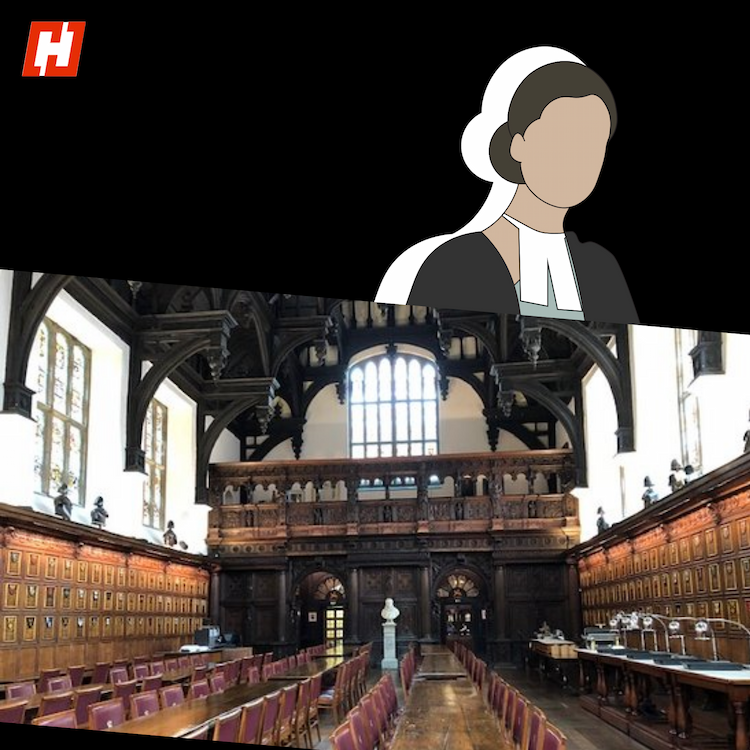Language as a tool of oppression
Afrikaans was known as a ‘white-only’ language during the Apartheid era in South Africa. Even today, Afrikaans is widely identified as a language associated with racial oppression. However, Nelson Mandela, the globally celebrated anti-Apartheid icon, learned the language of the then ruling minority to fight back and dismantle a deeply discriminating system.
The roots of Afrikaans
Afrikaans developed in the 18th century in the Dutch Cape Colony, evolving from European Dutch dialects. Most early settlers in South Africa, whose descendants became the Afrikaners, came from the Dutch Republic (current Netherlands). Spoken predominantly by the white minority rulers of South Africa, Afrikaans was the language of laws that stripped Black South Africans of their rights and dignity.
At Robben Island, where all the jailers were Afrikaners, Mandela, who was incarcerated there for nearly 20 years, chose to study them to understand his oppressors. Equipped with Afrikaans, Mandela began communicating with the prison warders, many of whom were young Afrikaner men.
Mandela’s unique subversion of oppression
Over time, many warders began treating him not as a prisoner, but as a friend, eventually converting to his cause. Christo Brand, one of his warders for 18 years, later recalled how guards quietly began bending the rules in Mandela’s favour. Mandela’s fluency helped him connect with his oppressors as individuals, disarming prejudice, and planting seeds of mutual respect.
Mandela once said, “If you talk to a man in a language he understands, that goes to his head. If you talk to him in his own language, that goes to his heart”.
English was no one’s mother tongue in Africa. By speaking to Afrikaners in their own language, Mandela showed respect—an act that earned their trust and opened the door to deeper communication and understanding. After his release in 1990, Mandela reflected that prison had taught him the true power of persuasion and negotiation; skills he would rely on to win the trust of a doubtful white minority.
Dismantling apartheid required winning the hearts and the minds of all South Africans, including Afrikaners. Mandela’s mastering of their language was rooted in this understanding. It also demonstrated a willingness to engage with complexity and choosing dialogue over hatred, something that remains Nelson Mandela’s legacy.
*This article has been curated by Hook. All claims and opinions expressed belong to the original author. Hook does not verify or endorse the information presented and is not responsible for its accuracy.*






